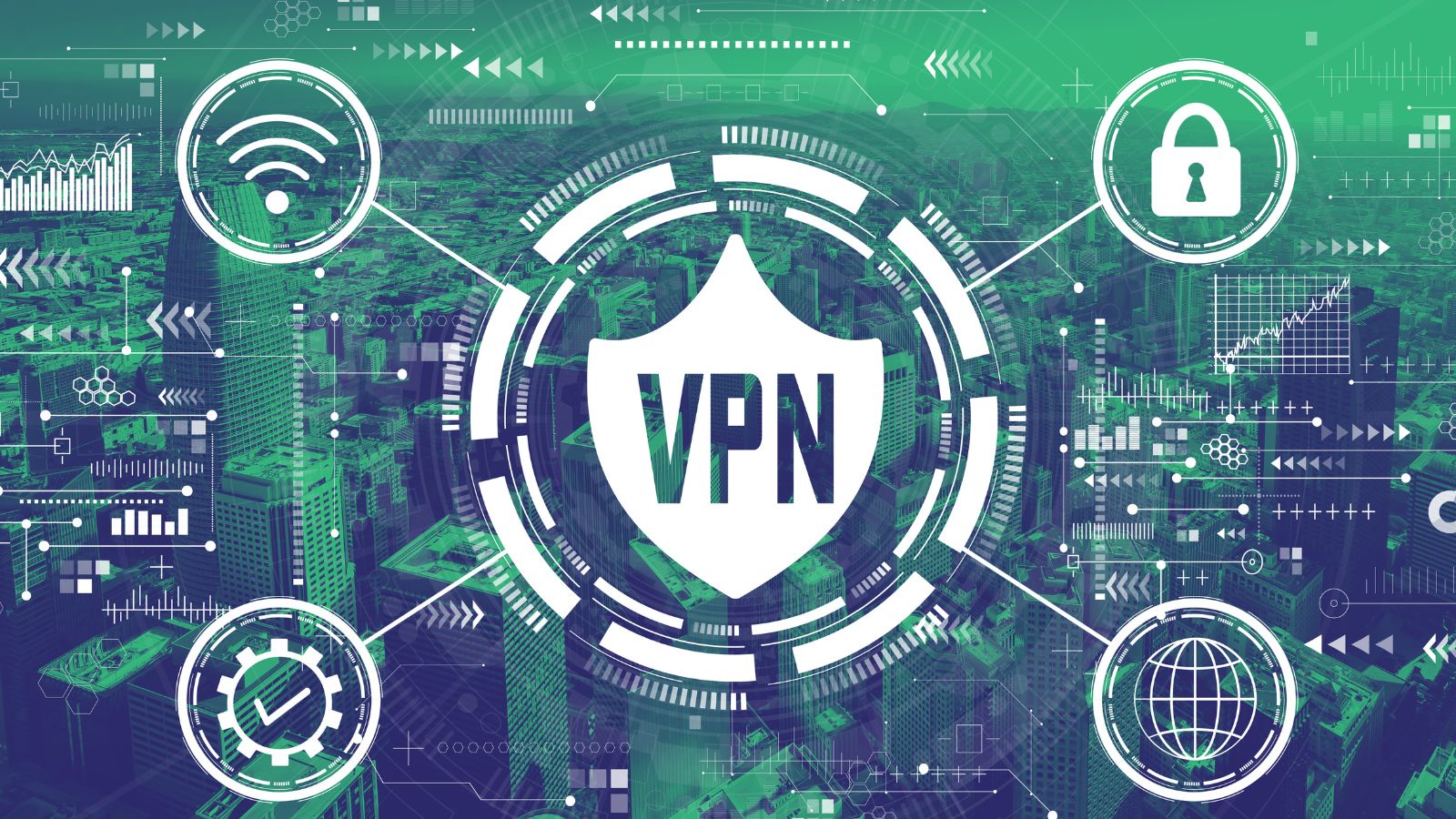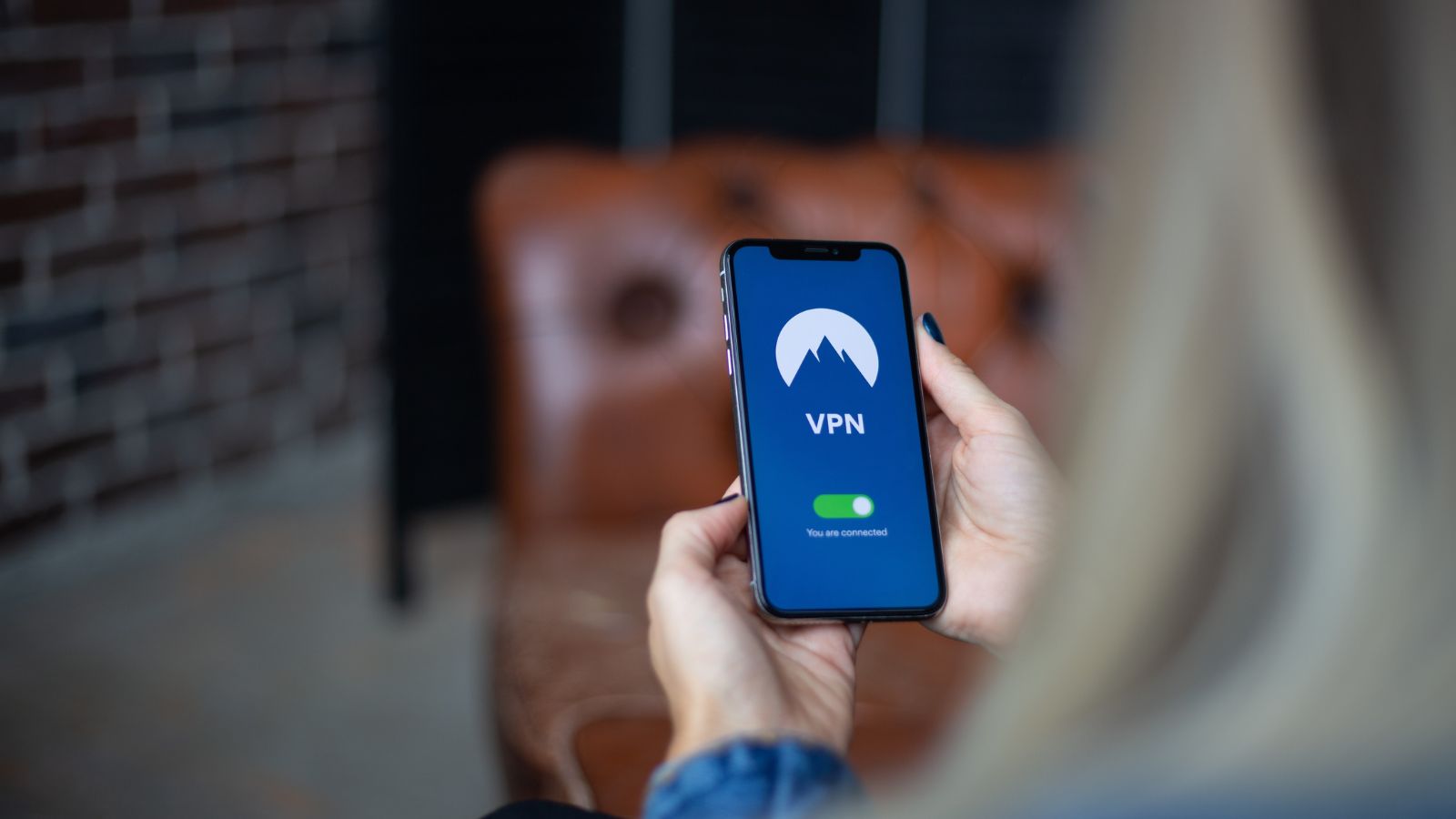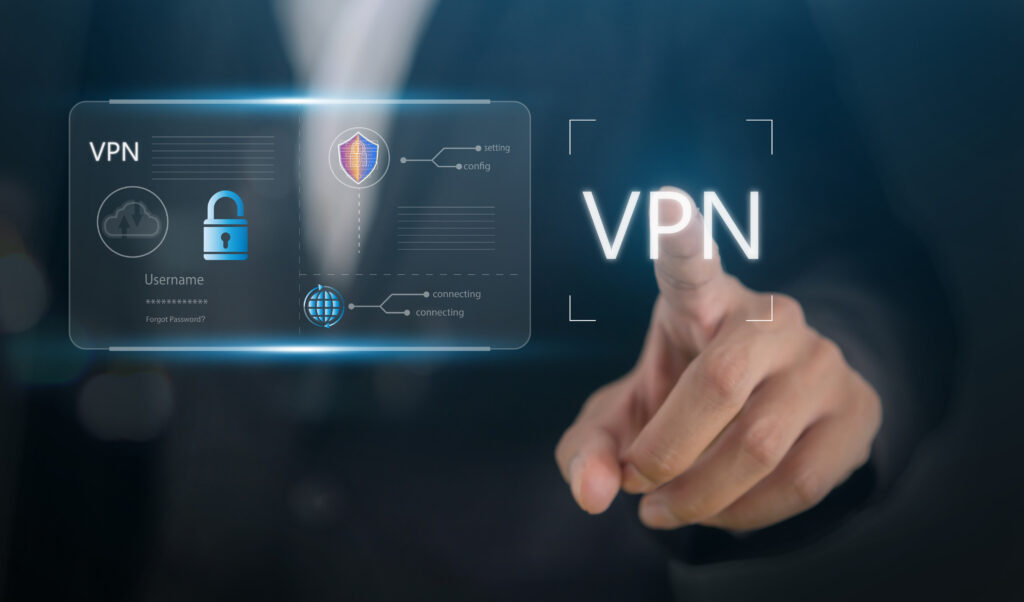If you’ve spent any time watching video blogs or listening to podcasts in the past several years, you’ve probably heard VPNs plugged as a way to keep you and your internet presence secure and private.
VPN stands for “virtual private network,” and its job is to encrypt any data that you’re sending from your personal device to the internet. Encryption is like scrambling your data into a secret code that only authorized parties can read, so the info can’t be easily intercepted. An online VPN can also mask your IP address: basically, it hides your real location by making it look like you’re browsing from a different place. The VPN prevents websites and online trackers from easily knowing where you are or who you are.
But despite their straightforward mission and application, some people still think that VPNs are shrouded in mystery. There are plenty of myths and misunderstandings swirling around VPNs, what they do, and what they’re actually good for. Here, we’ll debunk some of the most popular myths.
Myth: Vpns Make You Completely Anonymous Online
FACT: A VPN cannot make you 100% anonymous or untrackable online. Cookies from individual websites and VPN provider logs can still have access to some of your activities. However, since it’s hiding your IP address and encrypting your data, it’s much harder for anyone who’s trying to access your data to actually get their hands on it.

Myth: All Vpns Slow Down Your Internet Speeds
FACT: If you’re using a high-quality VPN, you’ll have access to high-speed servers that minimize speed reductions to the point of being unnoticeable. The trick here is using a VPN that has strong servers and connections to keep those speeds up. Also, some of the highest-quality VPNs have functions like “split-tunneling”, that allow certain apps to maintain faster speeds. Lower-quality VPNs can cause slowdowns, but even then, it’s not often to the point of making browsing too bulky.
Myth: Vpns Are Only Used For Illegal Activities
FACT: Most people who use VPNs aren’t hardened criminals – they’re not involved in any illegal activity at all! VPNs are useful for any activity that could warrant an extra layer of privacy or security, such as making online payments, protecting personal data on public Wi-Fi, or accessing geo-blocked content.
Myth: Free Vpns Are Just As Good As Paid Ones
FACT: While a free VPN might be just enough for small, one-off tasks, you’re not going to get a smooth experience. Free VPNs usually come with some setbacks and limitations, including slower speeds, fewer server locations, and weaker security. For a more stable connection, advanced features, and better performance overall, you’re better off shelling out a few bucks monthly or annually for a paid VPN.

Myth: Vpns Are Only Necessary When Using Public Wi-Fi
FACT: VPNs are useful on any network, not just public Wi-Fi. Public Wi-Fi can often be dangerous since your device could be infected with malware and even hacked. They protect your online activity from being tracked by your internet service provider and help secure your data at all times, no matter what network you’re connected to. Plus, since the VPN is connected to your device – and not to one specific network – you can use the VPN at home, at work, and when you’re out and about.
Myth: You Can Use A Vpn To Access Anything, Anywhere
FACT: A VPN is the most straightforward way to get around most geo-restrictions, which can allow you to access and stream content that might not be available in the country where you’re physically located. However, some streaming services and websites have caught on to this workaround, and larger providers have set up systems that actively block VPN traffic. So, you might not always be able to access everything, even with a VPN.
Myth: Vpns Protect You From All Cyber Threats
FACT: A VPN can’t promise to protect you from every threat out there on the web, even though it adds a solid layer of security to all of your online activity. VPNs do not protect against things like malware, phishing attacks, or other cyber threats. You still need other tools like antivirus software to stay fully protected.
Main Takeaways
- VPNs boost privacy, but they don’t guarantee complete anonymity online.
- High-quality VPNs can maintain fast internet speeds, while low-quality ones might slow you down.
- Most people use VPNs for legal purposes like privacy protection and accessing restricted content.
- Paid VPNs typically offer better performance and security compared to free ones.
- VPNs are useful for securing your data on any network, not just public Wi-Fi.
- VPNs can’t always bypass every geo-restriction, especially on streaming services.
- While VPNs add a layer of security, they don’t protect against all cyber threats on their own.
